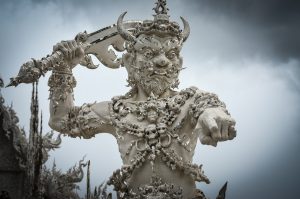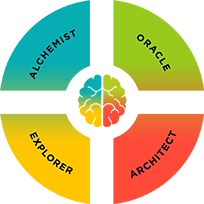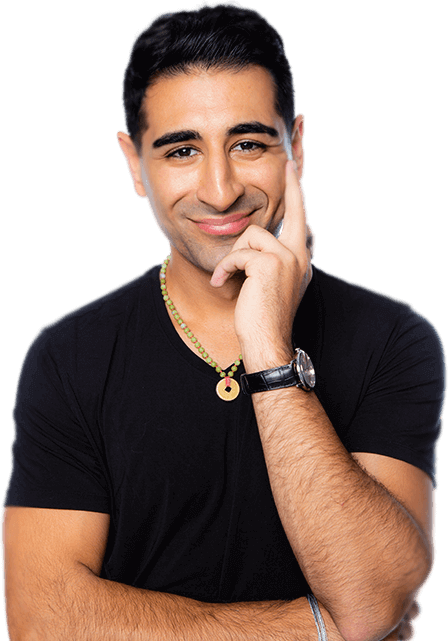Total Reading Time: 2.5 Minutes
When I was in high school, I became an expert in the art of procrastination. And believe me, I was damn good. I would somehow complete homework assignments the morning they were due, and take tests with minimal studying (i.e. glancing at the chapters the night before). For years I said, “I just work better under pressure. I wait until the last minute because that’s when I get laser focused and do good work.”
Cool story. Well, I got away with that in school, but it doesn’t work in the real world. We humans are basically a combination of three things:
- How we’re wired
- Our environment
- Our choices
However — nothing is more powerful than choice.
Procrastination is one of the most negative forces in the world. You already know why you procrastinate, but I’m going to break it down for you. The act of procrastination is caused by two character traits (more on this below). These two traits actually form habits that cause us to fall into unconscious patterns of procrastination.
Get good at these two things, and you’ll quickly become a habitual, lifelong procrastinator. Procrastination causes failed businesses, lost jobs, lost opportunities, poor performance, a general lack of creativity, and an overall poor quality of life.
Every procrastinator has a reason for procrastinating. This is similar to a smoker who tells themselves that one or two cigarettes a day is okay, or the person who can’t unwind at night without a glass of firewater.
The Procrastinator’s Formula
Want to know exactly what causes procrastination? There’s a very specific formula…
Laziness + Indifference = Procrastination
If I were you, I wouldn’t take your procrastinating ways too lightly. But I’ll be honest, I didn’t purposely or consciously just stop procrastinating one day. That wasn’t my goal. Ending procrastination was a byproduct of another event, which I achieved over time.
The day I realized the change and could sense its permanency, I was ecstatic. After some analysis, it became crystal clear:
I was finally living with a purpose. I wasn’t aimlessly going about my days anymore. I wasn’t floating along and living someone else’s life, occasionally getting a pat on the back over things that were meaningless to me.
I had a clear, definite, unbreakable plan. If you want to stop procrastinating and live a fulfilled life, you have to get hungry. You have to make the choice that you only get one shot at this, and that it’s not worth playing small.

This is something Napoleon Hill, author of one of the bestselling books of all time, calls “definiteness of purpose”.
Here’s the scariest part: too much procrastinating will eventually lead to complete wandering or drifting.
Laziness + Indifference = Procrastination = Drifting
A drifter is someone who lacks purpose and passion. Sometimes this person goes through negative spirals and doesn’t even understand why (see this case study for more on this). A drifter has fallen completely into an unconscious pattern, and this can become a permanent rhythm.
Conclusion
To stop procrastinating, start caring. Deep down, we already know this is the answer. It’s not a matter of having a workflow or productivity guide. It’s not about learning how to focus better or get into a flow.
The root cause of this is our laziness and indifference. You can remedy this by using your mind consciously and having a definite purpose.
Definite Purpose + Burning Desire + Actionable Plans = Fulfilled Rockstar
Don’t know what your purpose is? I’d bet that you already know exactly what it is. I’ve found that people who say this usually have the answer but won’t allow themselves to believe it’s possible. Either way, just continue growing and making small changes — it will become more clear to you every day.
Once you have it, don’t let it go. Focus on this and only this. This is the fastest, easiest, and most direct way to eliminate procrastination forever.
Links to Resources
- Think and Grow Rich by Napoleon Hill
- Outwitting the Devil by Napoleon Hill
- Procrastination and Task Avoidance: Theory, Research, and Treatment by JR Ferrari, JL Johnson, WG McCown
- –
Photo credit: To Do List — CC License






